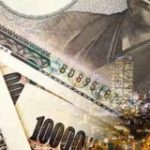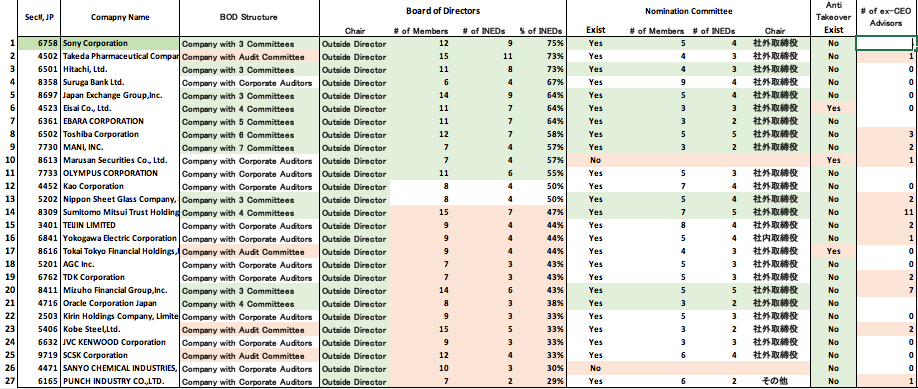
“Now, the moment which Japanese stock aficionados have long dreamed has arrived. Pressure on CEOs to champion shareholder value and raise returns on equity are paying off with a bull market in dividends. Even better, it may be just beginning. Those are the signals emanating from Nomura, one of Japan Inc’s most fabled investment houses. Its analyst reckons that dividends doled out by blue-chip companies grouped in Tokyo Stock Exchange’s first section hit the US$133 billion mark in August. That’s more than twice what companies were shelling out in 2012. And this windfall is coming even as the global trade war crimps growth and economists warn of a rocky 2020. This raises two pivotal questions. First, can the dividend surge continue? Second, what’s the catch?”
Full article :”Japan Inc’s dividends go on a bull run – at last”





